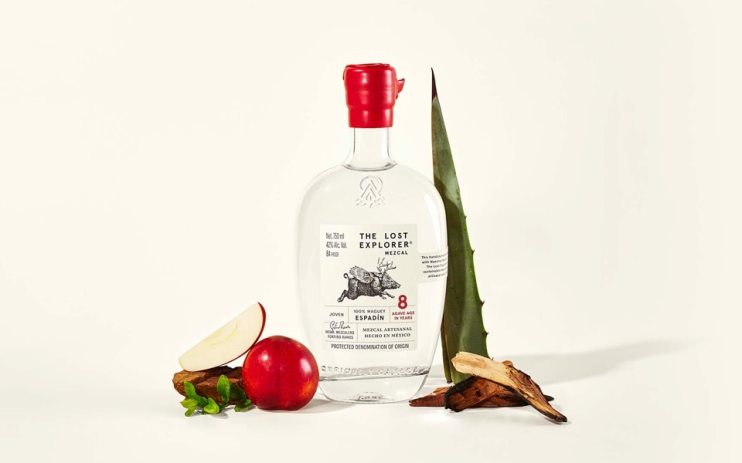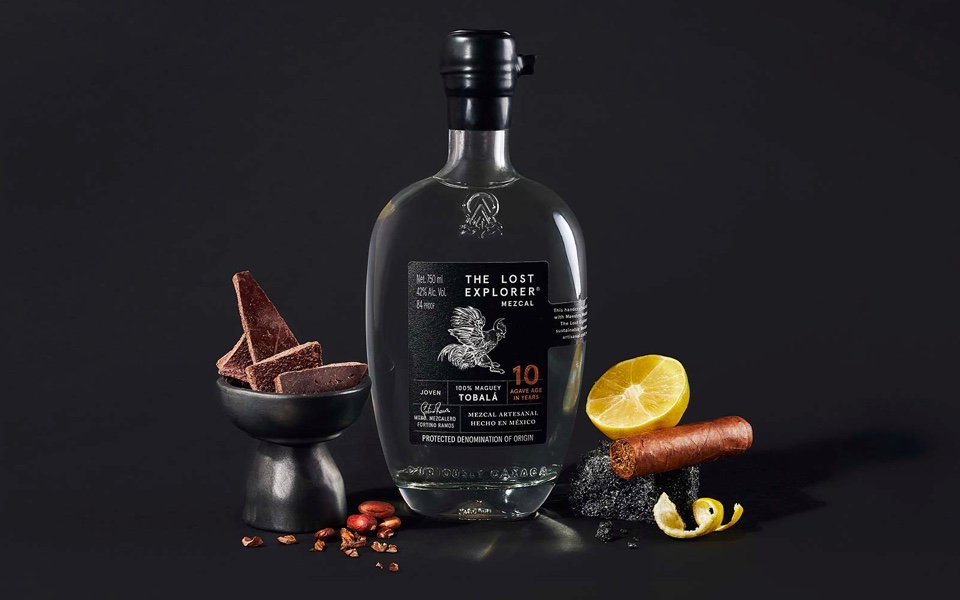Mezcal is here and The Lost Explorer is the ideal place to start

Mezcal has been on the verge of breaking into the UK’s mainstream spirits market for some time now, with some excellent and accessible brands knocking on the door of discerning drinkers. And there is perhaps no better, more successful small batch mezcal available on these shores right now than The Lost Explorer.
Launched in late 2020 by David de Rothschild and Icelandic entrepreneur Thor “Bjoggi” Björgólfsson in collaboration with maestro mezcalero Don Fortino Ramos, the range – Espadin (£62.50), Tobalá (£109.99) and Salmiana (£139.99) – is made in San Pablo Huixtepec, Oaxaca by Ramos and his daughter Xitlali.
“Our three varietals are a product of multiple hands from multiple families,” says Ramos.
His recommended entry-level Espadía, a ‘subtly sweet and herbaceous well-balanced mezcal with hints of apple, ripe fruits and a mild smoky layer to finish’. Made using the agave with most sugars, it is ideal for mezcal virgins.
Tobalá is harvested after ten years from its hard scrabble habitat and has hints of tobacco, cocoa, vanilla and leather. Salmiana is the most herbaceous expression with nuances of green chilli, grapefruit and fresh agave.
Sustainability is central to the brand’s ethos, which is “based on empathy, authenticity and integrity, with nature at its heart,” according to de Rothschild.

Agave spirit can come from nine different Mexican states and be made from over thirty varieties of agave. For every one the brand uses, three are planted and its palenque (distillery) now uses solar panels and recaptured rainwater.
Mezcal could soon overtake tequila as Mexico’s most famous export, with the latter under an unusual threat because of a shortage of long nosed bats. Some tequila brands are becoming officially “bat friendly” by allowing at least five per cent of their Blue Weber agave plants to flower, leaving bats to pollinate and use the resulting seeds to replant the fields.
Industrial practices in tequila production have resulted in a loss of food source for the bats, with agave plants being inbred and not allowed to flower and cross-pollinate. Decreasing bat numbers means the plants are also vulnerable to pests.
Mezcal is made by fermenting and then distilling the cooked sap and pulp of the agave plant. While tequila must be made from blue agave, mezcal can use any variety of the plant. Mezcal (from the Nahuatl for “cooked agave”) can also be made across Mexico, although production is centred on Oaxaca in the south. Jimadores (specialist agave farmers) hand-harvest the agave one-by-one, deciding on the precise moment of ripeness.
Tequila is generally steamed in brick ovens, where mezcal tends to take longer to mature and is cooked in cone-shaped earthen pits called “hornos”.
Mezcal is good in micheladas (Mexican beer cocktails) and palomas, and should be served in glasses rimmed with grasshopper or cricket salt, and served with orange and apple slices sprinkled with “Sal de Chapulin” (available here) to be sucked between sips.